Disrupt yourself or be disrupted
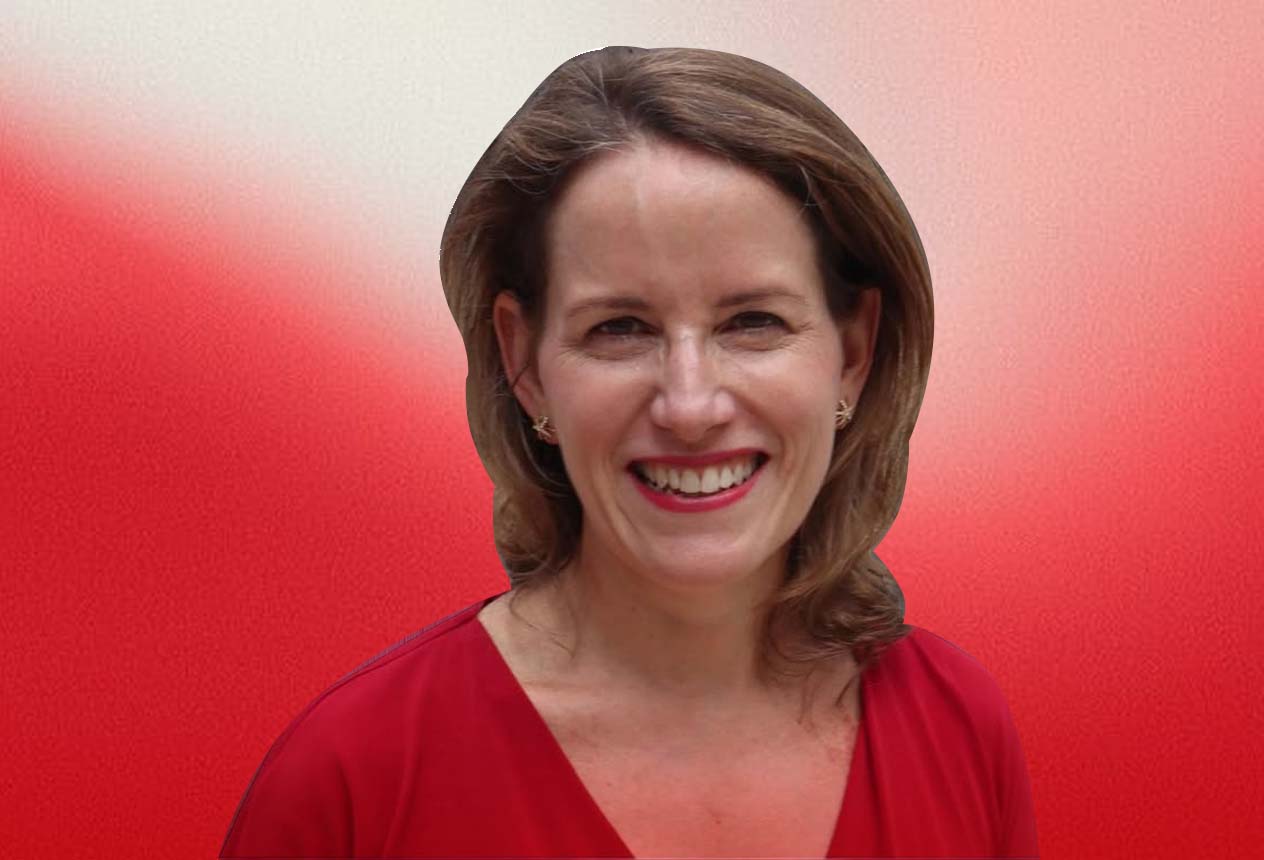
Business leaders today certainly have their work cut out for them.
Not only do they have to watch out for rapid or surprise developments in their home territory to protect their market share and get ahead of their competition, they also have to keep an eye out for developments overseas that could impact their local operations.
And as if these were not enough, leaders also have to be keenly aware of the evolving dynamics of their workforce, as different generations of workers have different mindsets and motivations.
Getting them all to pull in the same direction to achieve ambitious goals is another daunting challenge that they simply have to overcome to succeed in a decidedly volatile, uncertain, complex and ambiguous world.
A growing number of C-suite leaders who need actionable insights and advice to survive and thrive in these turbulent times have turned to Diana Wu David.
She is deemed a future of work expert and an international keynote speaker, sought after by leaders who want to change the game and prepare their organizations to disrupt themselves and drive breakthrough results.
Wu David will be in the country to speak during the 31st National Retail Conference and Expo.
The flagship event of the Philippine Retailers Association will run from July 31 to Aug.1 at the SMX Convention Center Manila
Here, Wu David gives a preview of her talk and shares with the Inquirer some of her thoughts on the evolving landscape of leadership.
1. How has the leadership approach changed over the past 10 to 15 years?
The most profound change I’ve observed is the shift from command-and-control to what I call “adaptive orchestration.”
Fifteen years ago, leadership was largely about having the right answers and directing from the top. Today’s multigenerational workforce demands leaders who can facilitate, collaborate and create psychological safety for innovation.
There is more of a “leader as coach” approach involved in making organizational progress.
Generation Zs and younger millennials don’t just want to be told what to do—they want to understand the “why” behind decisions and contribute to a broader purpose.
This has forced leaders to become better storytellers and meaning-makers.
At ServiceNow, we’re seeing this play out in real-time as artificial intelligence (AI) and automation reshape work itself.
Leaders must now help their teams navigate not just what they’re doing, but how technology augments their capabilities.
2. Since many companies in the Philippines are family-owned, how should leaders approach succession?
For family-owned enterprises, succession planning has become exponentially more complex.
Competency-based succession across levels of the business is becoming more important as businesses keep up with accelerating external changes.
Of particular importance is professionalizing governance structures early.
Family businesses need independent boards, clear performance metrics and transparent decision-making processes.
The next generation should understand they’re inheriting stewardship responsibilities, not just ownership rights.
3. To your knowledge, what are the best traits of leaders?
The most effective leaders I work with share three core traits that have become nonnegotiable:
- Adaptive intelligence: The ability to sense change early, process complex information quickly and pivot strategies without losing team confidence. This isn’t just about being smart; it’s about being contextually intelligent and having the courage to change when circumstances change or things don’t work.
- Empathetic authority is equally crucial. Leaders must demonstrate genuine care for their people while making difficult decisions. This means having tough conversations with compassion and creating a sense of belonging and psychological safety where diverse perspectives are not just welcomed but actively sought.
- The third trait is futures thinking—understanding possible scenarios and how decisions today ripple through interconnected networks. In our hyperconnected world, leaders can’t afford to think in silos. AI is creating a completely reengineered organization.
4. Also, what are the traits that may have worked before but will not work now?
Several previous approaches have become leadership liabilities.
The “lone genius” model, where leaders were expected to have all the answers, is particularly damaging now. Today’s challenges are too complex for any individual to solve alone. You can see this in the elevated importance of boards in their oversight and coordination with CEO and senior management.
Information hoarding, once a source of power, now creates organizational brittleness and dysfunction. When leaders gate-keep information, they create single points of failure and stifle innovation. Many organizations are reviewing how they can unlock performance via transparency and quality data, accessed by those who need it to support business results and a high performance culture.
Perhaps most critically, the “one-size-fits-all” management approach has become counterproductive. Leaders who can’t adapt their style to different team members, cultural contexts and situational demands will struggle to maintain effectiveness. In my previous executive roles, having that cultural intelligence in the teams was key to success.
5. For those who want to become leaders someday, what would you recommend that they do to prepare for a leadership role?
One of my favorite topics! For aspiring leaders, my recommendation is to focus on building what I call “future-proof capabilities.”
In my book, Future Proof: Reinventing Work in an Age of Acceleration, I interviewed over 100 people to find four key abilities essential to master: experiment, reinvent, collaborate and focus.
Developing a muscle for establishing a hypothesis, designing an experiment and testing across the organization allow entrepreneurship to bloom. Reinvention is about looking for adjacencies to always be improving and looking for opportunities to grow. These allow you to maintain learning momentum.
The half-life of skills is shrinking rapidly. Leaders of the future will be those who can learn, unlearn and relearn fastest. This means becoming comfortable with being a beginner repeatedly throughout your career. Some of the best leaders I know have what appears to be “random” career paths that actually provided them with unique perspective-building experiences.
Collaboration is about understanding how we come together, build trust quickly and incorporate diverse experiences. You can now expect to work across cultures, industries and functions across a longer career. Build your network intentionally. Future leadership and business opportunities increasingly come through relationships rather than traditional hierarchical advancement. Invest in authentic relationships across your industry and beyond.
Focus is a challenge in the attention economy. Interestingly, I’ve seen the ServiceNow AI platform and workflows benefit my own focus.
In onboarding, I have a simple path that leads me through the first 90 days and which includes seeking out human interaction at key points. If I have a question, summaries of multiple documents across the system respond in simple language; that means I don’t get stuck and can spend time with people, not on processes.
The future belongs to leaders who can navigate uncertainty with confidence, inspire purpose in others and create value in an increasingly automated world. The good news is that these capabilities can be developed – they’re not innate gifts, but learnable skills for those willing to work to learn.














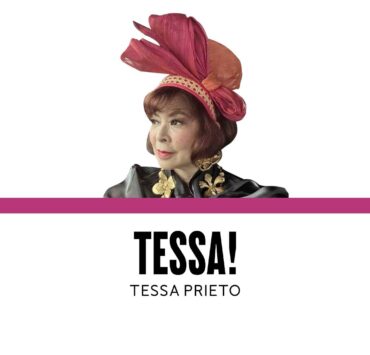
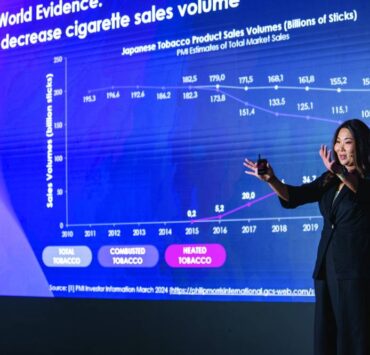
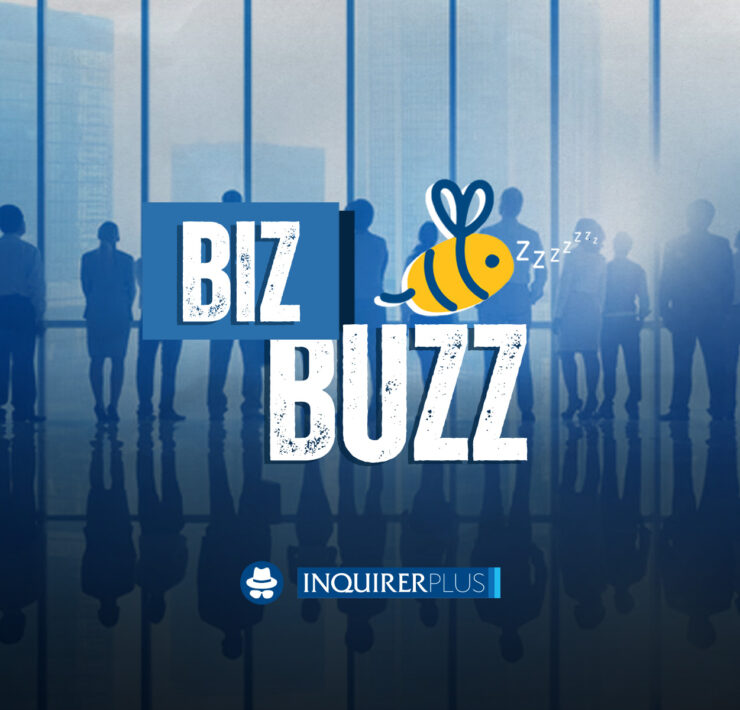
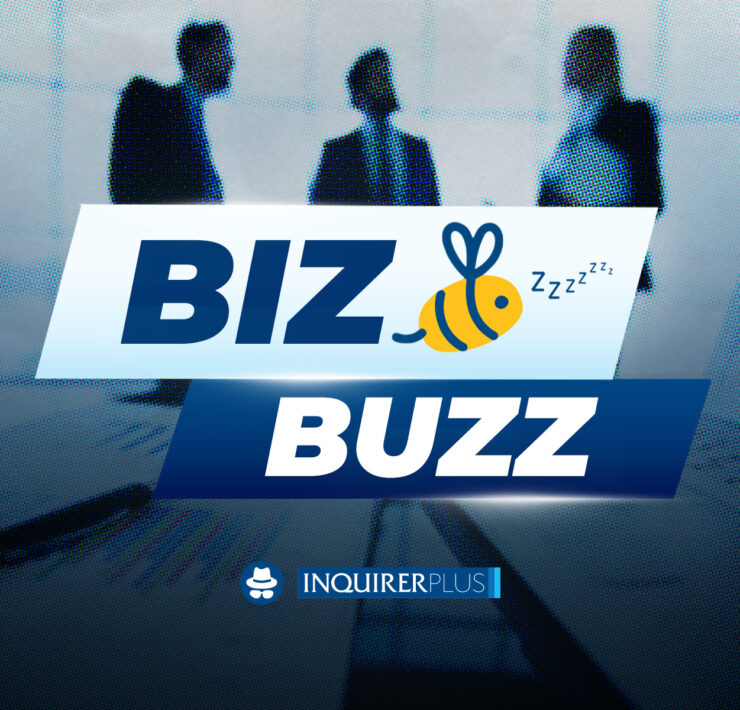



Talent, transition and continuity: 2026 hiring and succession in PH economy